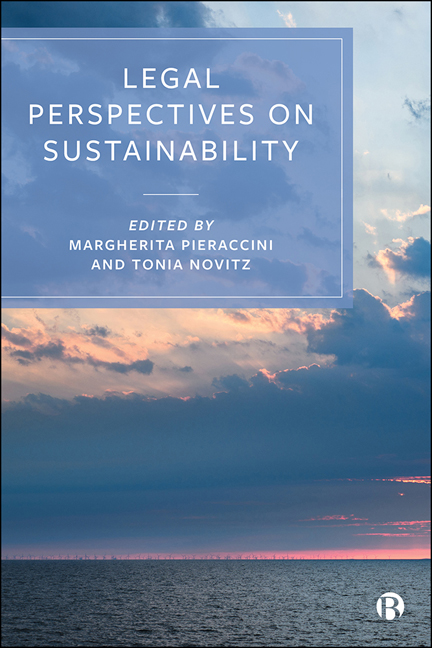2 - Agenda 2030 and the Sustainable Development Goals: “Responsive, Inclusive, Participatory and Representative Decision-Making”?
Published online by Cambridge University Press: 03 March 2021
Summary
Introduction
This chapter focuses on the contemporary framing of sustainability in the context of the adoption by the UN General Assembly (UNGA) on 25 September 2015 of Agenda 2030 and the Sustainable Development Goals (SDGs). Agenda 2030 offers an opportunity to examine the shift from the distinct itemisation of the ‘pillars’ of sustainable development to a more holistic vision of interdependent policies and objectives and, potentially, to a more inclusive understanding of sustainability (see Chapter 1, penultimate section). In this setting we will consider the potential coherence and tensions between attempts to protect ‘people’ and the ‘planet’ while promoting ‘prosperity’, ‘peace’ and ‘partnership’. This demands examination of processes of decision making underpinning (a) goal-setting, (b) the content of SDGs and (c) supervision of their implementation at the UN level. It is beyond the scope of this chapter to investigate more fully the processes of decision making operating at national or regional levels. In particular, we consider how sustainable development still operates as a ‘directing principle’ (de Sadeleer, 2002), as discussed in Chapter 1 and whether, in the words of SDG target 16.7, there has been and will be ‘responsive, inclusive, participatory and representative decision-making at all levels’.
Indeed, it is the idea of inclusion that drives our analysis in this chapter. We begin by attending to who the drafters were and their intentions, as are revealed by debates surrounding the preparatory documentation and processes. We then consider the SDGs themselves together with the scope for debate (and even conflict) regarding their content and their interaction. For example, we are alert to the dangers of subsuming the environmental within economic objectives, as well as obscuring social concerns (including human rights norms) behind these two more dominant aims (see Chapter 1). We also find continuities with previous legal and policy instruments concerned with sustainable development, such as the emphasis placed on poverty in SDG 1 and redistributive justice in SDG 10, together with notable enhancement of certain standards, such as that relating to gender in SDG 5 and work in SDG8.
- Type
- Chapter
- Information
- Legal Perspectives on Sustainability , pp. 39 - 66Publisher: Bristol University PressPrint publication year: 2020

